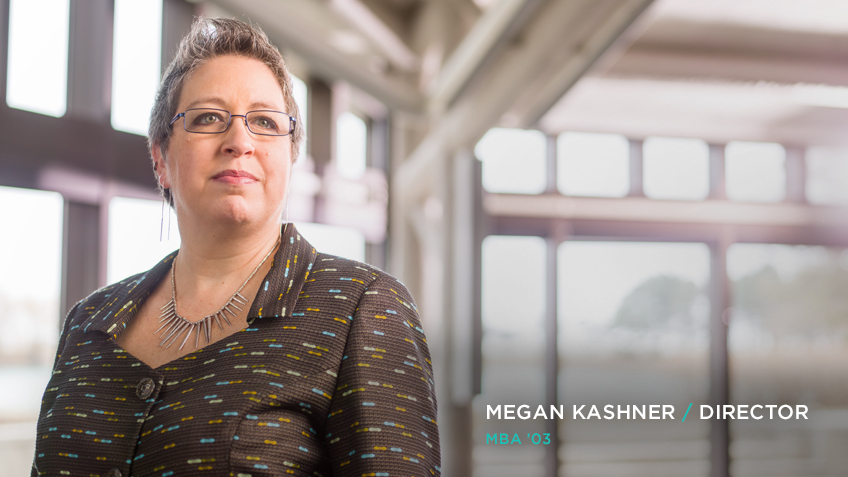ImpactAlpha, June 28 – The price of admission to this week’s gathering at the Kellogg School of Management is an actual course syllabus for teaching impact investing. The nearly 100 members of the Impact and Sustainable Finance Faculty Consortium have agreed to share not only syllabi, but research, cases and experiential exercises they use in their classes.
“No one has blinked” at such collaboration, Kellogg’s Megan Kashner told ImpactAlpha. “People are so eager to share and have access to one another’s content, to move the field toward mainstream adoption and canonization.”
More than 50 profs are expected at the second annual meeting in Chicago. Organizers come from HBS (Harvard), Haas (Cal), Cornell and Maastricht, as well as Kellogg (Northwestern); participants are arriving from Kenya, South Africa, Brazil, Korea and elsewhere as well as from dozens of U.S. schools. (Disclosure: ImpactAlpha’s partnership with the consortium makes The Brief and ImpactAlpha.com available as teaching resources for impact faculty and students.)
- Tenure track. Consortium members teaching impact investing are increasingly full-time and tenure-track. A growing number are coming from schools other than business, including public policy and undergraduate programs.
- Beyond VC. Student interest is growing beyond angel and venture-style impact finance to include institutional investing, public-private partnerships and market-rate private-equity fund management. “Students today are super smart about what makes a difference,” Kashner said. “They can understand the differences in scale and risk profiles” between impact startups and proven interventions with broader or less risky impact.
- Hybrid talent. Students in impact investing courses are charting broad career paths in business and finance, not just in impact investing. Kashner says she tells students, “For anybody in the field of finance, here’s what you’re going to need to do your job and bring your values with you.”
Firms are increasingly touting their impact bona fides as a way to attract MBA talent. Kashner said one top executive recently told students, “You are the talent we are all seeking and fighting over. If your employer is not giving you the opportunity to lead on sustainability and fulfill your passion for impact, leave and work for someone who does.”











